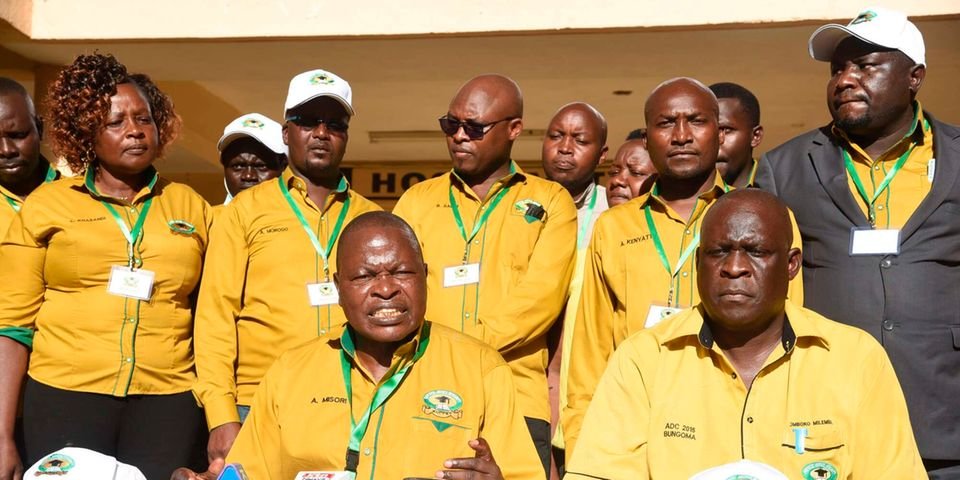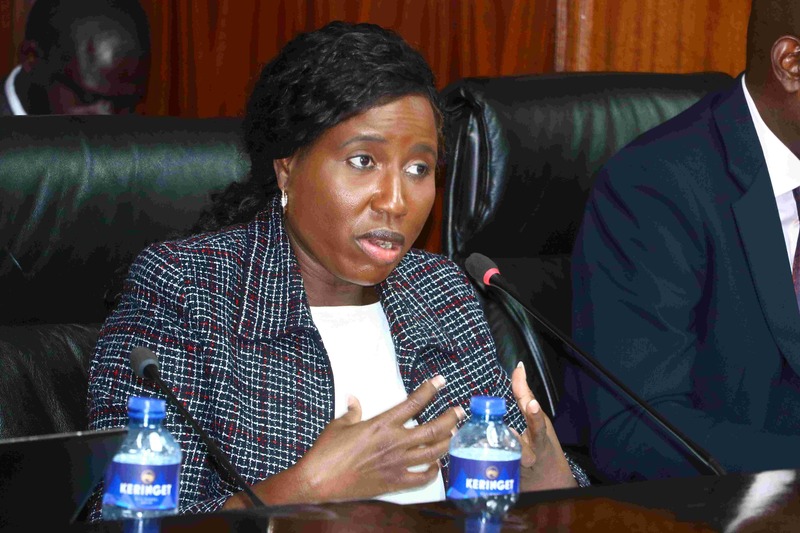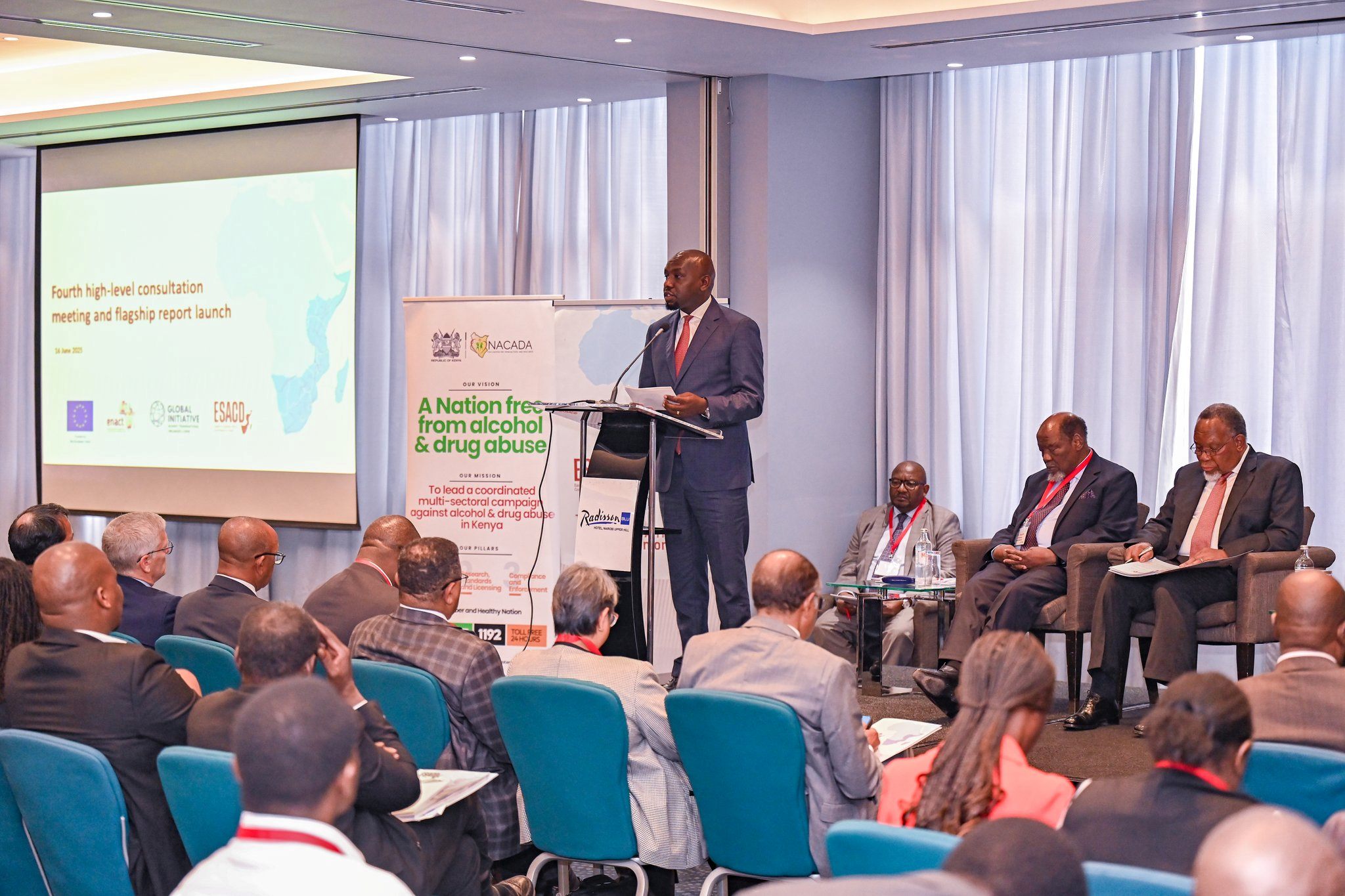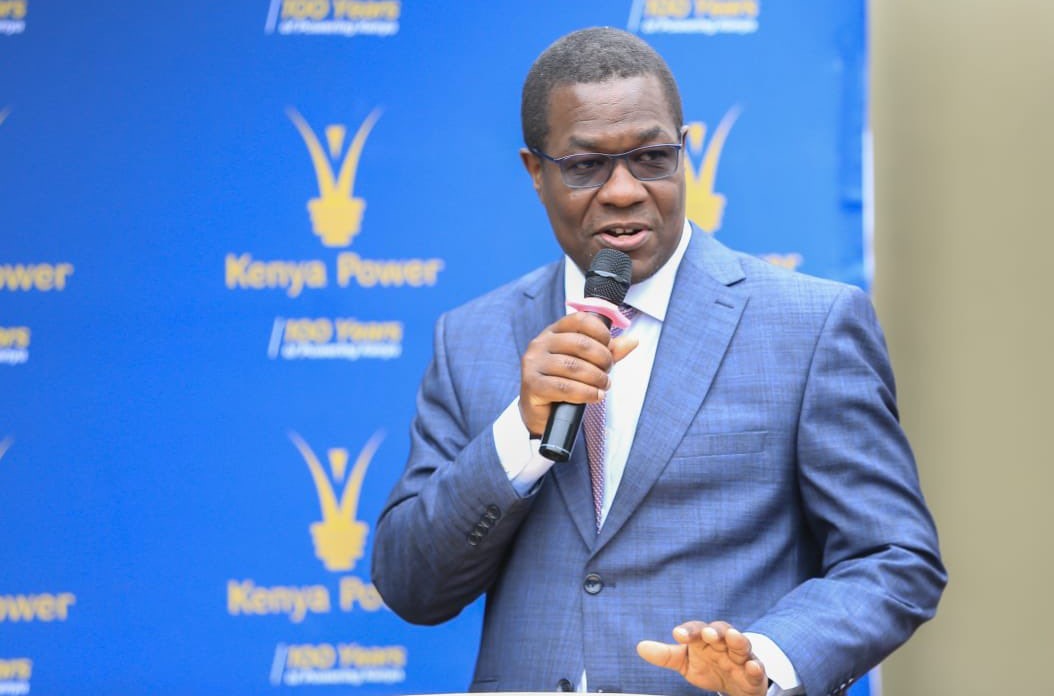National Assembly passes Finance Bill 2025, targets Sh24 billion in new revenue
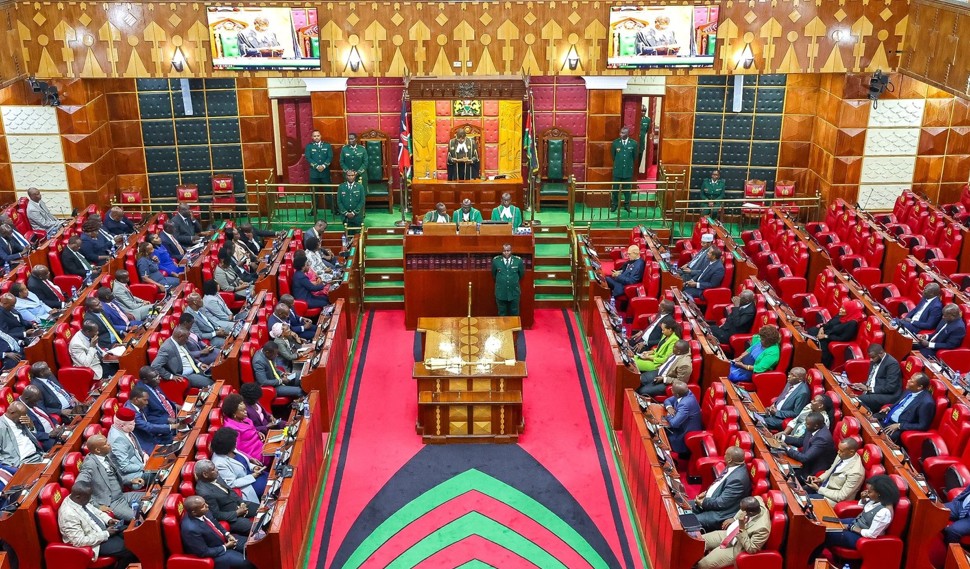
The bill now awaits President William Ruto’s signature to become law. Once enacted, the Finance Act 2025 will guide tax policies and revenue collection measures for the 2025/26 financial year.
Members of the National Assembly have passed the Finance Bill 2025, paving the way for new tax measures aimed at raising Sh24 billion in additional revenue for the upcoming financial year.
The Bill, officially titled the Finance Bill (National Assembly Bill No. 19 of 2025), was approved by a majority of MPs through acclamation during Thursday’s session.
More To Read
- Raila calls for unity, blames politics for collapse of Adani deal to expand JKIA
- 1,600 science laboratories to be constructed in schools in rural areas, Ruto says
- President Ruto vows to go after schools defying fee payment on eCitizen
- Court refers Okiya Omtatah's Sh4.6 trillion debt petition to CJ Martha Koome
- Kenya’s opposition vows to take Ruto to ICC over extrajudicial killings, abductions
- State stops market projects funded by housing levy, agrees to refund money after COTU talks
The Legislators adopted key amendments proposed by the National Assembly’s Finance and Planning Committee, chaired by Molo MP Kimani Kuria. Among the most notable changes was the rejection of a contentious clause that would have allowed the Kenya Revenue Authority (KRA) unrestricted access to personal records.
The committee argued that the proposal, if left intact, would have contravened Article 31(c) and (d) of the Constitution, which safeguards the right to privacy.
“The existing Section 60 of the Tax Procedures Act already provides mechanisms for data access, including the requirement of a judicial warrant,” the committee said in its report tabled before the House.
MPs also voted against proposed changes to Pay As You Earn (PAYE) tax bands. The Treasury had proposed introducing five tax brackets, 10 per cent, 17.5 per cent, 25 per cent, 27.5 per cent, and 30 per cent, with the Cabinet Secretary allowed to adjust the rates by up to 10 per cent every three years to factor in inflation. Legislators dismissed the proposal, citing concerns over unchecked executive power on taxation matters.
The House also rejected the Treasury’s attempt to reclassify certain commodities from zero-rated to exempt status. Items that will retain their zero-rated status include locally assembled mobile phones, motorcycles, electric bicycles, solar batteries, electric buses, animal feed inputs and bioethanol vapour stoves.
The MPs, however, voted to retain the current incentives for the manufacturing and housing sectors. They rejected a proposal to eliminate the 15 per cent corporate tax rate for companies engaged in local motor vehicle assembly and those constructing at least 100 residential housing units.
Legislators also upheld the current Sh500 per litre excise duty on Extra Neutral Alcohol (ENA) for licensed spirituous beverage manufacturers, offering some relief to players in the sector who have raised concerns over rising taxation.
In a move aimed at simplifying pension taxation, MPs supported a full exemption on all pension payments, whether received as lump sums or in instalments. The decision also saw the removal of redundant provisions in existing laws to provide clarity.
On digital taxation, the House approved an expanded definition of the Significant Economic Presence Tax (SEPT) to include not only digital marketplaces but also websites and electronic networks.
However, legislators rejected the proposed Sh5 million threshold for SEPT applicability, arguing it could lead to revenue losses and complicate enforcement efforts by the tax authority.
The bill now awaits President William Ruto’s signature to become law. Once enacted, the Finance Act 2025 will guide tax policies and revenue collection measures for the 2025/26 financial year.
Top Stories Today








